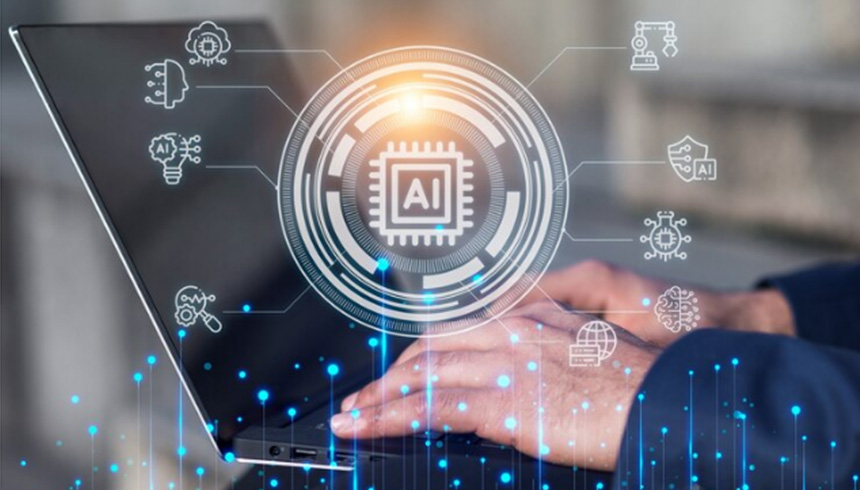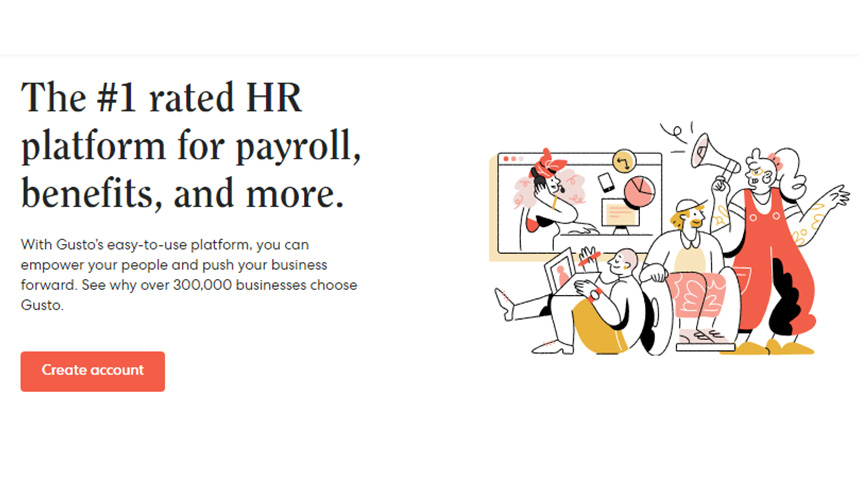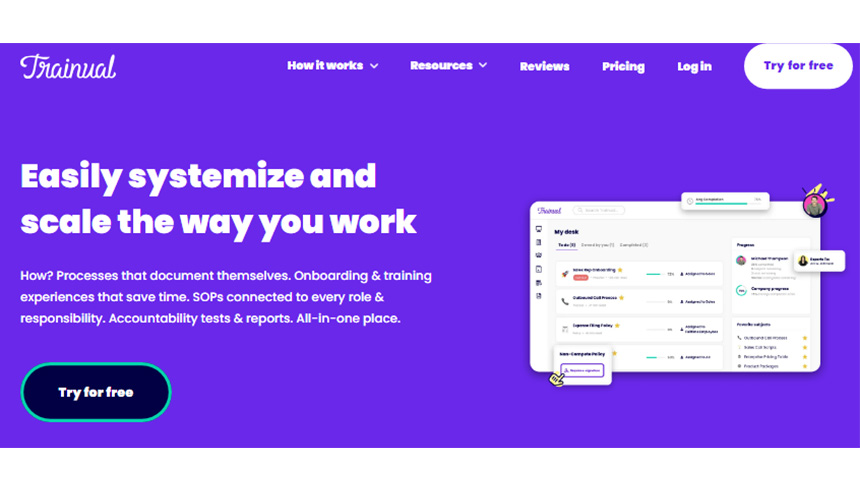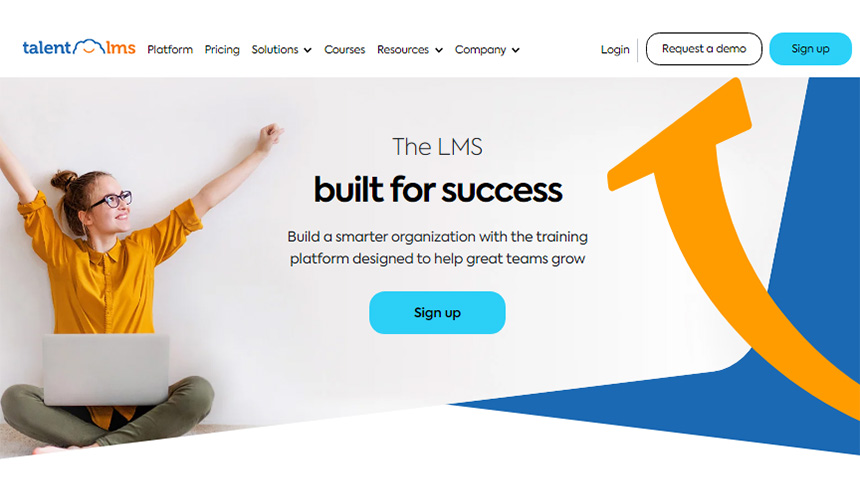
The Impact of AI on HR Consulting
Artificial intelligence (AI) has been making waves in various industries, and HR consulting is no exception. With the rise of technology, the role of HR consultants is evolving, and AI is playing a significant role in this transformation. In this article, we will explore the impact of AI on HR consulting. We will also discuss how platforms like Trello, Webwork Tracker, Gusto, and TalentLMS are shaping the future of the HR industry.
The Evolution of HR Consulting
Traditional HR Consulting
HR consultants have been responsible for providing guidance and support to organizations in areas such as recruitment, employee relations, and performance management. They would work with HR departments to develop strategies and processes that align with the company's goals and values.
But, this traditional approach to HR consulting is becoming outdated. Today, technology advances and way we work changes.
The Rise of HR Transformation
HR transformation is the process of redefining and reimagining the role of HR within an organization. It involves using technology and data to increase HR processes and improve overall efficiency.
HR consultants are shifting from a focus on administrative tasks to a more strategic and data-driven approach. This is due to rise in HR transformation,
The Impact of AI on HR Consulting
AI is transforming the way HR consultants work and the services they provide. Here are some of the ways AI is impacting HR consulting:
1. Automation of Administrative Tasks

AI has had a profound impact on HR consulting, particularly in the area of administrative tasks. Platforms such as Gusto use AI to automate payroll, Employee benefits, and HR processes, including tax filing and compliance checks. This automation saves HR consultants time, enabling them to concentrate on more strategic and value-adding aspects of their work.
2. Improved Recruitment and Selection Processes
AI is changing the hiring process. Now HR consultants can use AI to analyze job descriptions and resumes to identify the most suitable fit for a role. These tools use data and complex algorithms to predict a candidate's success in a particular role, minimizing the risk of an unsuccessful hire.
3. Enhanced Employee Engagement and Retention

AI can also play a significant role in improving employee engagement and retention. With AI tools, HR consultants can gather and analyze data on employee satisfaction, identify areas for improvement, and develop strategies to increase engagement and retention.
This data-driven approach can help organizations create a more positive and productive work environment, leading to higher employee satisfaction and retention rates.
Tools like Trainual gather and analyze employee satisfaction data, helping HR consultants identify areas for improvement and develop strategies to increase engagement and retention.
4. Personalized Learning and Development

AI-powered learning and development platforms can provide personalized training and development opportunities for employees. Platforms like TalentLMS use data and algorithms to identify skill gaps and create customized learning paths for each employee, leading to a more skilled and engaged workforce.
HR consultants can use these tools to develop a more effective and efficient training program, leading to a more skilled and engaged workforce.
The Future of HR Consulting with AI
AI's impact on HR consulting will continue to grow in the future. Here are some potential developments we can expect to see:
1. Increased Use of Chatbots
Chatbots are AI tools that can communicate with employees and answer their questions. As AI technology continues to advance, we can expect to see more organizations using chatbots to handle employee inquiries and provide support.
2. Predictive Analytics for Employee Performance
As AI technology continues to advance, we can expect to see more organizations using predictive analytics to identify and predict employee performance. This data can help HR consultants develop strategies to improve employee performance and productivity.
3. Virtual Reality for Training and Development
Virtual reality (VR) is another technology that is gaining popularity in the HR industry. VR can provide a more immersive and engaging learning experience for employees, making it an effective tool for training and development.
The Role of HR Consultants in the Age of AI

With the rise of AI in HR, the role of HR consultants is evolving. Here are some of the key skills and qualities that will be essential for HR consultants in the age of AI:
1. Adaptability and Flexibility: As technology continues to advance, HR consultants must be adaptable and flexible. They must be willing to learn and embrace new technologies and processes to stay relevant in the industry.
2. Data Analysis and Interpretation: With the increasing use of consulting, they must have strong data analysis and interpretation skills. They must be able to collect data to inform decision making processes and develop effective strategies.
3. Strategic Thinking: As the role of HR consultants shifts to a more strategic focus, they must have strong strategic thinking skills. They must be able to analyze data, identify trends, and develop strategies to improve HR processes and drive organizational success.
Conclusion
AI is not replacing HR consultants, it's empowering them. By adapting AI and using the capabilities of platforms like Trello, Webwork Tracker, Gusto, TalentLMS, and Trainual, HR consultants can become strategic partners. They drive organizational success and shape a future of work where technology and human expertise work together. This creates a more productive, engaged, and thriving workforce.
Author: Oksana Day, SHRM-CP